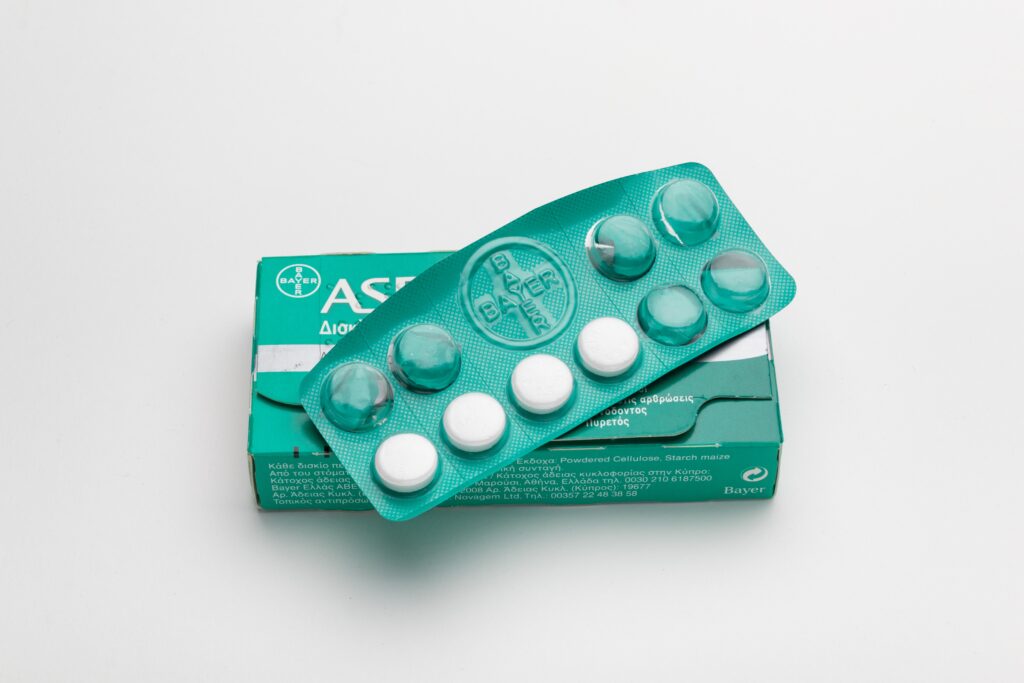A major trial has found that a daily low dose of aspirin can cut the risk of colorectal cancer returning after surgery by more than half in patients with specific gene mutations.
Researchers at the Karolinska Institute studied more than 3,500 patients across Scandinavia, with genetic testing identifying 37% who carried mutations in the PI3K pathway. Those patients were randomly assigned aspirin or placebo for three years after tumour removal. Results showed aspirin users were 55% less likely to see their cancer return.
The drug appears to work by reducing inflammation, interfering with the PI3K pathway, and preventing blood platelets from shielding tumour cells. Professor Anna Martling, who led the Alascca trial, said the findings could change clinical practice and stressed the need for genetic testing to identify patients who could benefit.
Aspirin is cheap and widely available but carries long-term risks, including gastrointestinal bleeding and rare fatal events. Still, experts said the results add to growing evidence of aspirin’s protective effect in certain groups, such as those with Lynch syndrome, and could help shape future cancer care.


